Scientist-led conferences at Harvard, Stanford and MIT
-

Shallow implant plus precise stimulation startup aims to treat depression
Inner Cosmos is a new, shallowly implanted brain stimulation system meant to address depression. It calls its system a “digital pill” but still requires a procedure for electronics to be placed under the skin on the head. Chief Medical Officer Eric Leuthardt is a top neurosurgeon from Washington University in St Louis and the CEO…
-
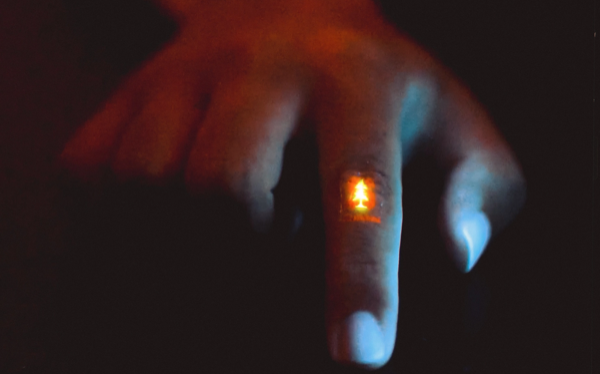
Zenan Bao further develops stretchable, potentially reshapeable, skin inspired electronics
Stanford’s Zhenan Bao and team have developed a stretchable, potentially reshapeable, wearable display that can allow a new way of interactive human-machine interface. “We can see the image and interact with it, and then the display can change according to our response” said Bao in a Stanford interview. The display is made entirely of stretchy…
-
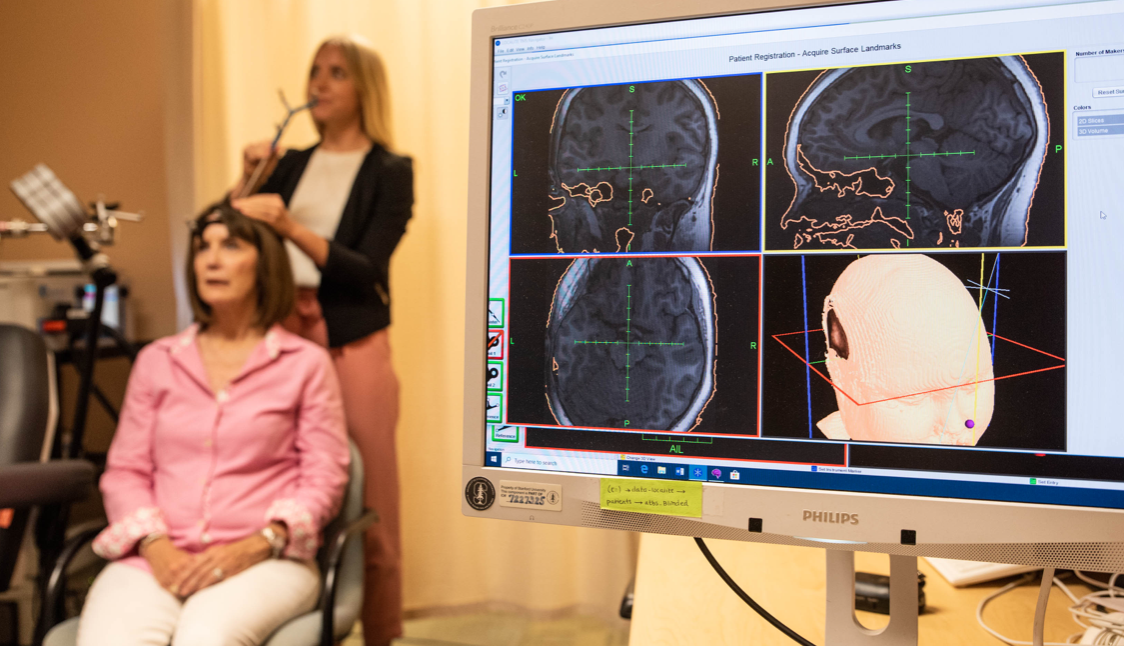
Stanford study: High dose magnetic stimulation eases severe depression
Nolan Williams, Alan Schatzberg, and Stanford colleagues have published a small, double blind study showing that high dose, noninvasive, magnetic brain stimulation alleviated depression symptoms in 80% of participants. Stanford accelerated intelligent neuromodulation therapy (SAINT) is an intensive, individualized form of transcranial magnetic stimulation. Effects were seen within days and lasted months. Side effects included…
-
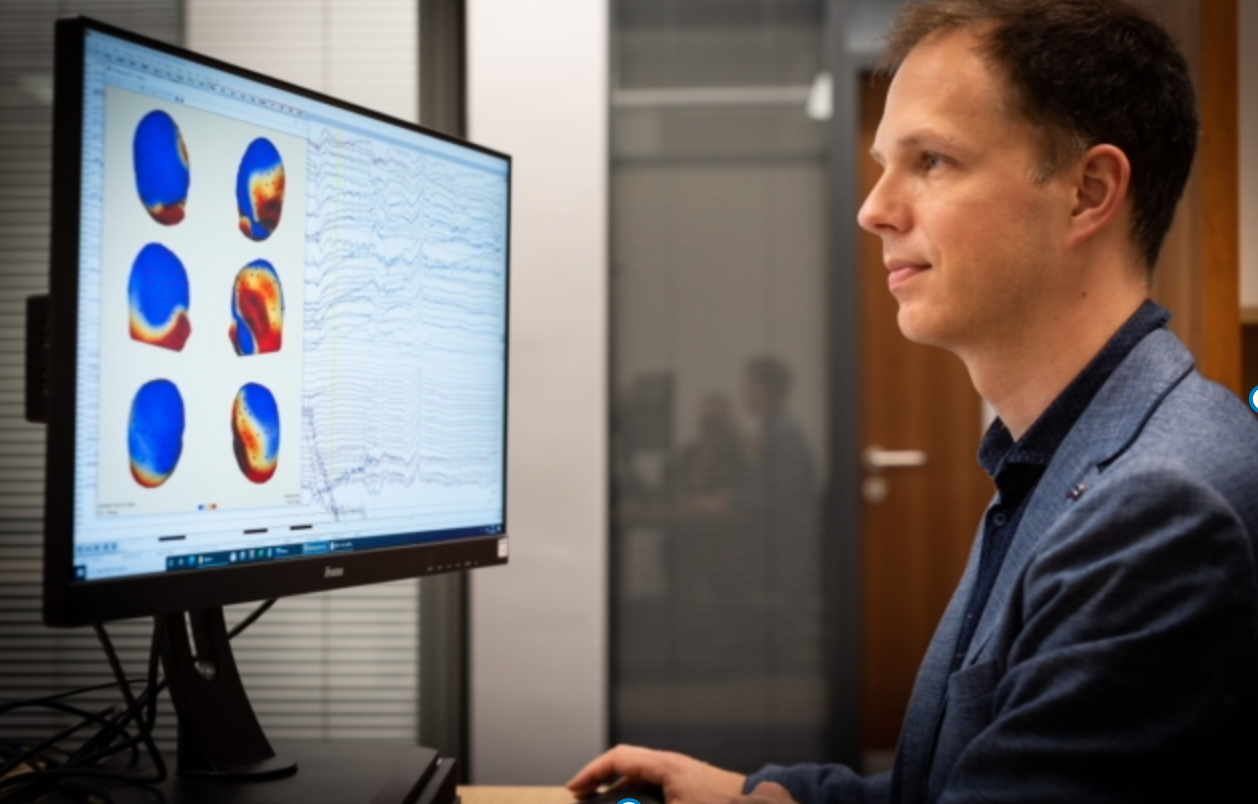
Passive EEG assessment detects cognitive decline early
George Sothart and University of Bath colleagues have developed a new, EEG + game memory assessment technique which could enable the earlier diagnosis of Alzheimer’s disease, the underlying cause of around 60% of dementia cases.. The need for early diagnosis tools to help doctors to prescribe lifestyle interventions to slow the rate of cognitive decline…
-
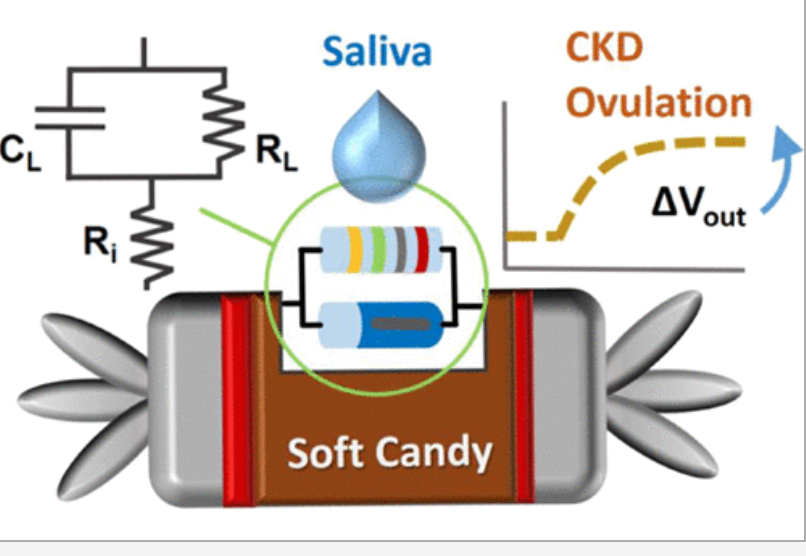
Candy sensor prototype to monitor electrolytes, ovulation, kidney function through saliva
Korea University professors Beelee Chua and Donghyun Lee have developed a health monitoring sensor using saliva collected from a Tootsie Roll candy to detects salt and electrolyte levels, and monitor ovulation status and kidney health. The easily accessible, low-waste sensor is simply licked. To make the prototype sensor, a Tootsie roll was flattened and crevices…
-

Blood test distinguishes bacterial vs viral infections in 15 minutes
MeMed BV is a blood test which uses the body’s immune response to distinguish between bacterial and viral infections. It does not detect the cause of an infection — instead it analyzes the “host response,” measuring levels of three proteins that appear differently, depending on whether the immune system is fighting a virus or bacteria.…
-
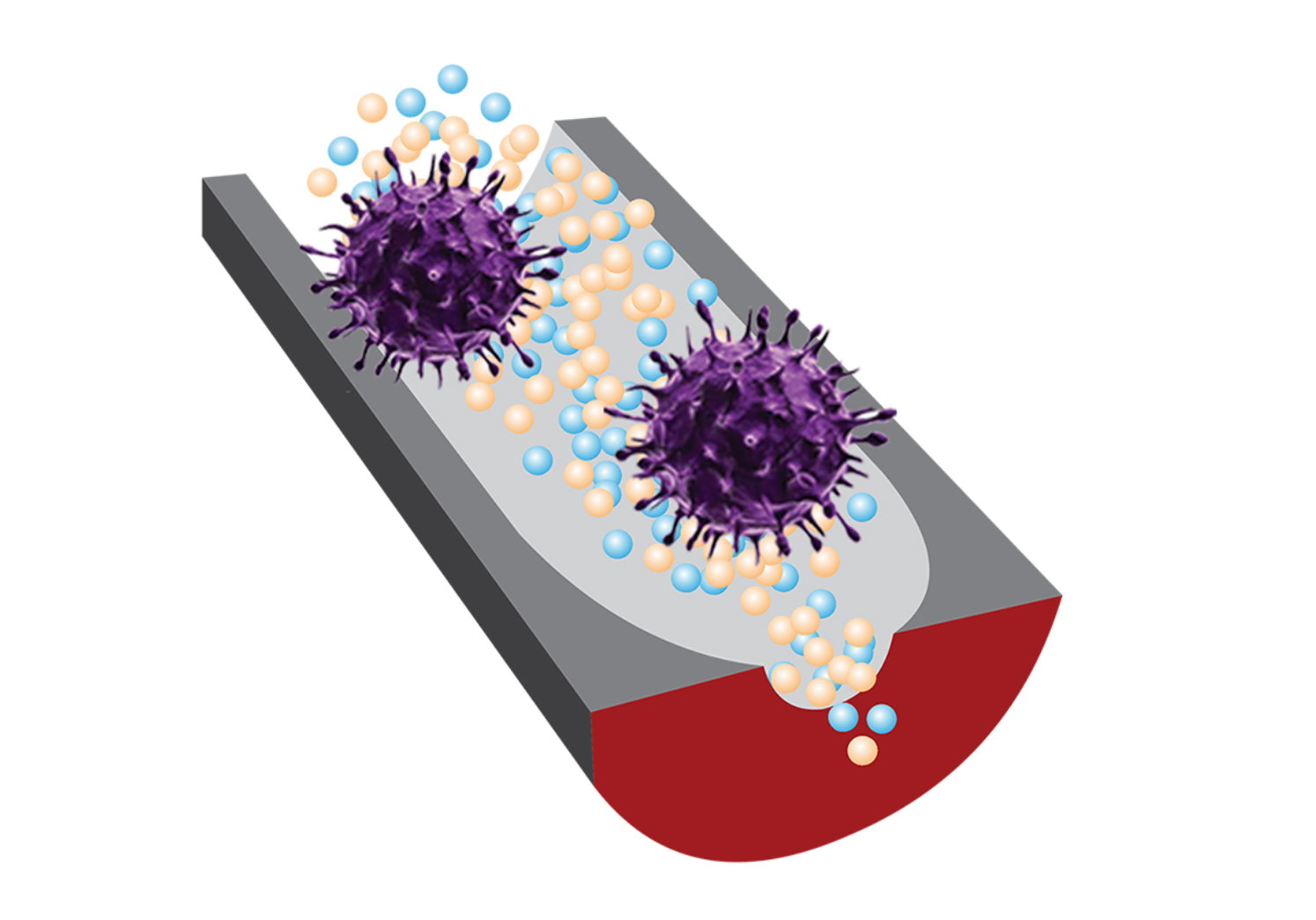
DNA sensor detects whether virus is present and infectious, including COVID 19
Yi Lu and Benito Marinas at the University of Illinois and University of Texas have developed a sensor that detects both the presence of a virus and whether or not it is infectious, integrating purpose designed DNA fragments and nanopore sensing. They have already studied its potential with the adenovirus and COVID 19. Current PCR…
-
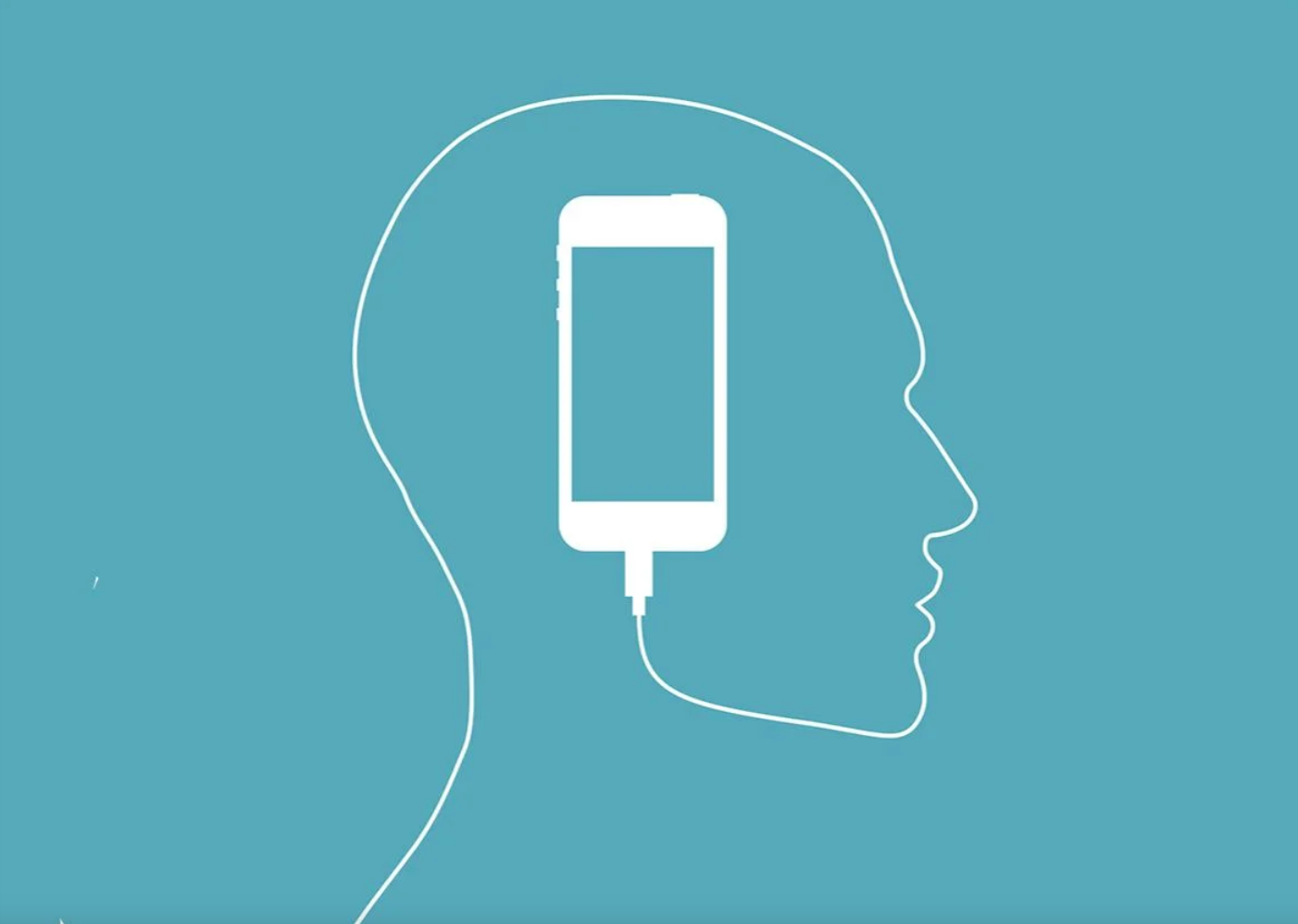
Apple partners with UCLA, Biogen for iPhone mental/cognitive health monitoring
The Apple/UCLA project “Seabreeze” and Apple/Biogen project “Pi” represent a further move into iPhone health monitoring. According to the Wall Street Journal, Apple is attempting to develop an algorithm to identify depression and cognitive decline from sleep patterns, mobility, and how one uses the phone — for example, how often they look at its clock.…
-

ApplySci’s 14th Wearable Tech + Digital Health + Neurotech conference returns to MIT on September 30, 2022. ApplySci’s 14th Deep Tech Health + Neurotech conference returns to MIT on September 30, 2022, focused on healthy longevity – understanding, detecting, treating and preventing disease through technology. Topics include: ApplySci will have exclusive use of the 7th floor of the…
-
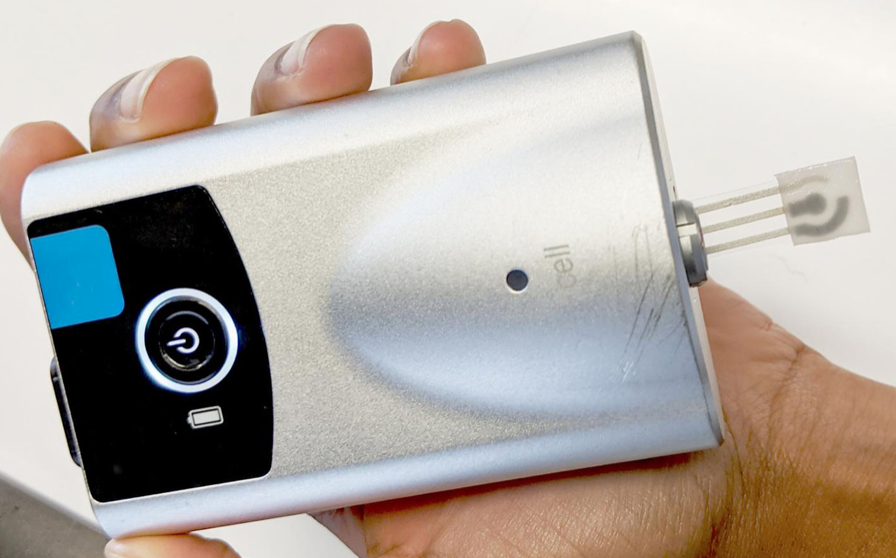
Wang’s fingertip sweat sensor detects glucose levels
UCSD’s Joe Wang has developed a totally noninvasive sensor and algorithm to detect glucose levels from sweat on the fingertip. The painless, rapid, and accurate system could revolutionize diabetes management. The systemcombines a simple touch-based fingertip sweat electrochemical sensor with a new algorithm that addresses for personal variations toward the accurate estimate of blood glucose…
-
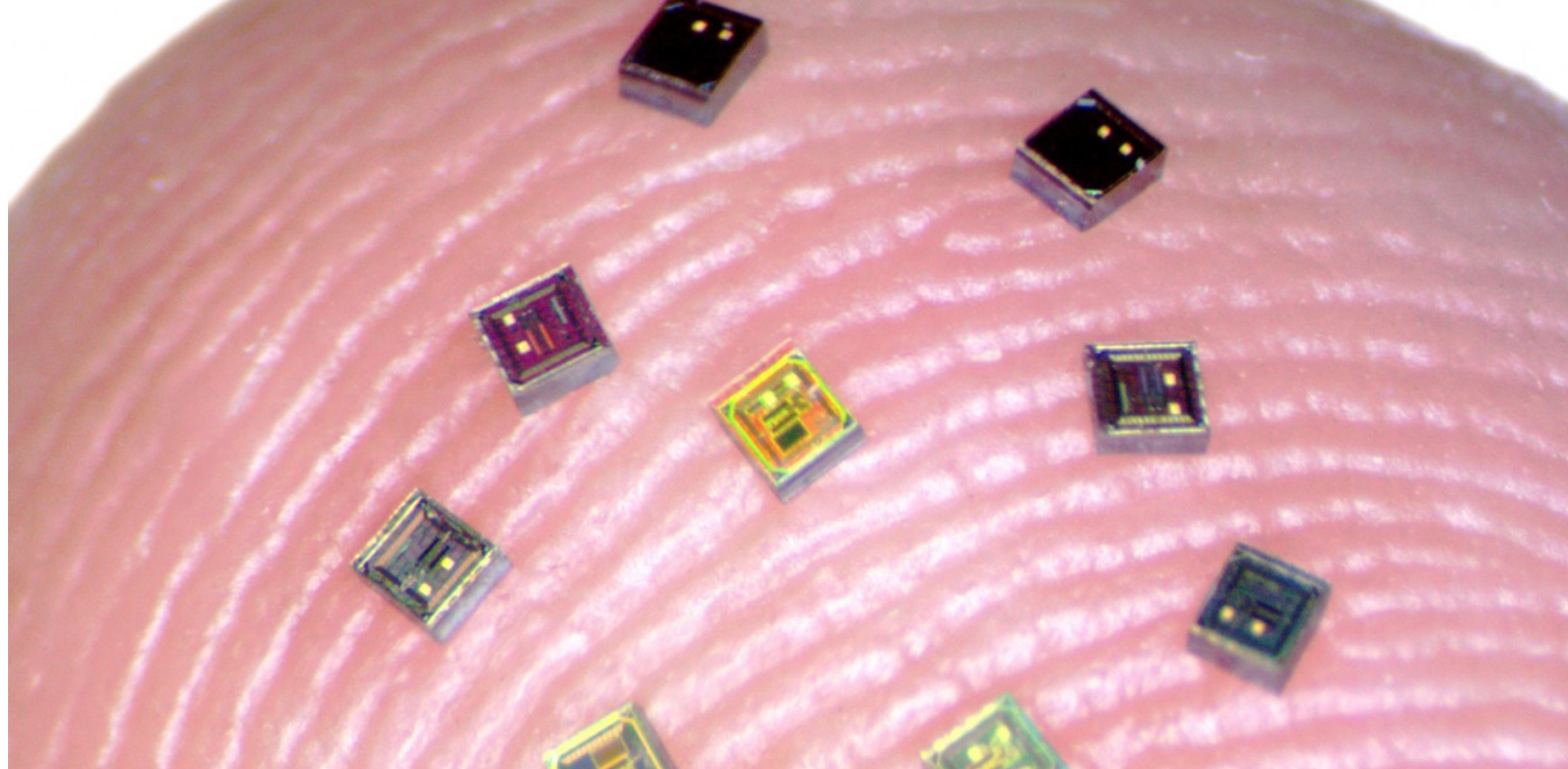
Nurmikko’s Neurograins can enable unprecedented brain signal recording detail, new therapies
Arto Nurmikko and Brown colleagues have developed BCI system which employs a coordinated network of independent, wireless microscale neural sensors, to record and stimulate brain activity. “Neurograins” independently record electrical pulses made by firing neurons and send the signals wirelessly to a central hub, which coordinates and processes the signals. In a recent Nature paper,…
-
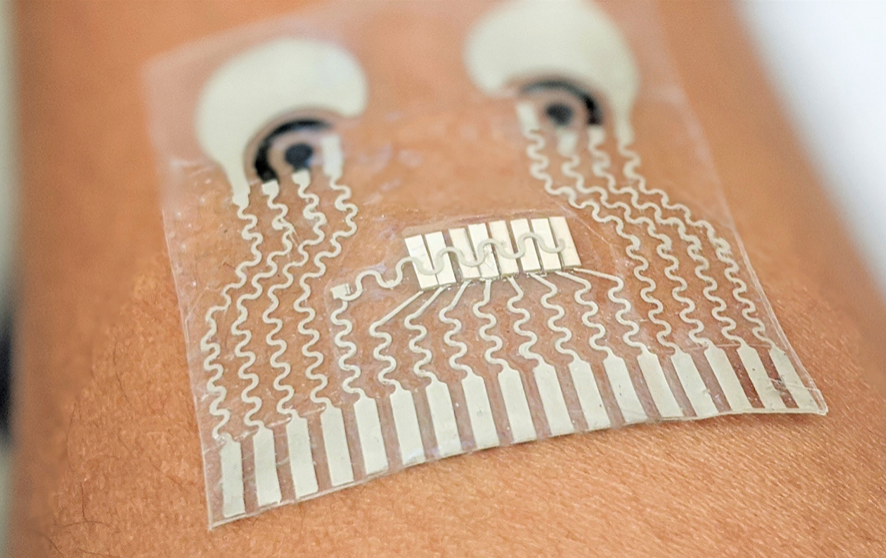
Patch simultaneously monitors blood pressure, biochemical levels
UCSD’s Joe Wang continues to define the future of vital sign monitoring with a combination of advanced chemistry and unobtrusive wearables. Together with Professor Sheng Xu, he has developed a skin patch that continuously tracks blood pressure and heart rate while measuring glucose levels, lactate, and alcohol or caffeine. It is the first wearable device…
Got any book recommendations?